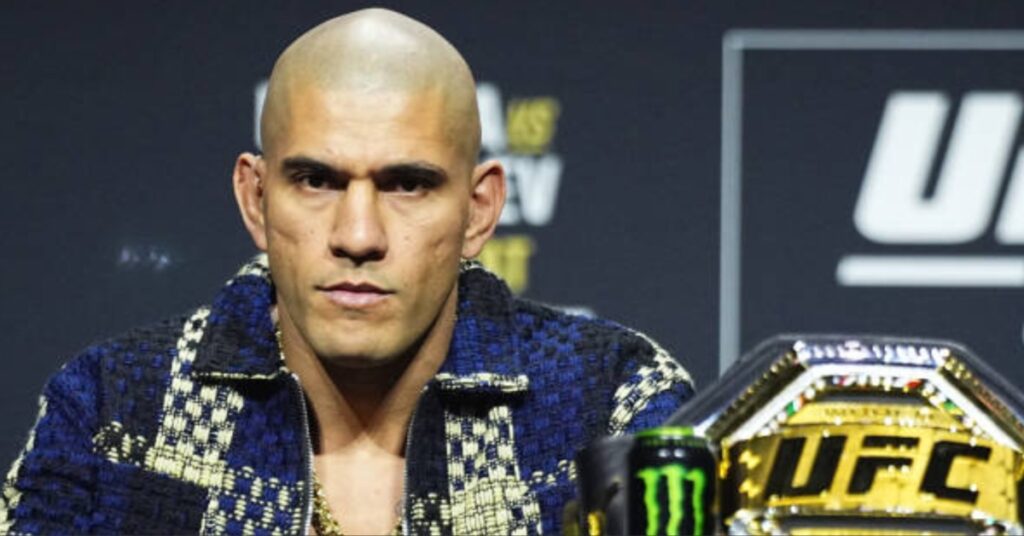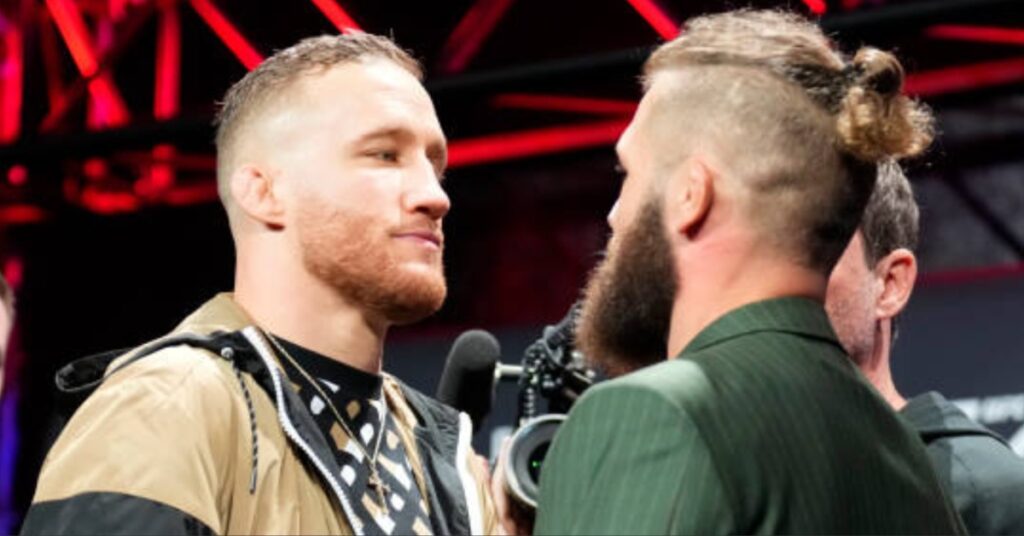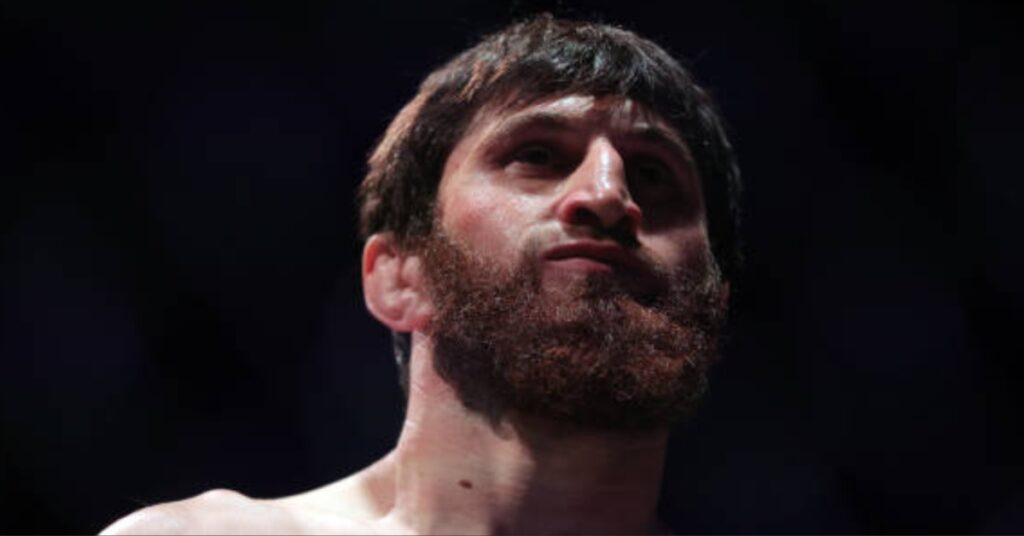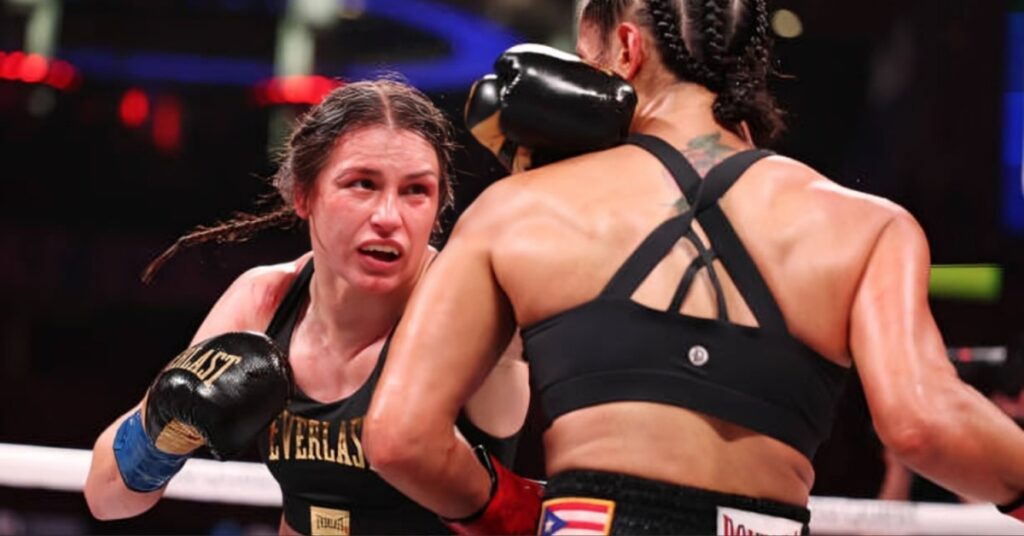Interview: Duke Roufus Discusses GLORY, The Pettis Brothers, And the Chaotic Art of Striking

(Roufus [at far left] with Sergio Pettis, Anthony Pettis, Ben Askren, and Roufusport BJJ coach Daniel Wanderley. Photo via Dave Mandel/Sherdog.)
By Elias Cepeda
Duke Roufus had an illustrious career as a kickboxer before becoming even more well-known as an MMA coach. In recent years, his highly regarded Roufusport camp has produced such talents as UFC champion Anthony Pettis, his younger brother Sergio, and former Bellator champ Ben Askren. In advance of the Glory 13 event in Tokyo this Saturday that Roufus is doing color commentary for, CagePotato sat down with him to look back on the twists and turns of his career, and look towards the future of some of his biggest stars.
CAGEPOTATO.COM: What would you say your role with Glory is, Duke? We hear and see you doing color commentary during events but when you were in Chicago last fall, you also had a big presence in all sorts of other pre-event activities.
DUKE ROUFUS: Well, about ten years ago they had me do color commentary for K-1 on pay-per-view broadcasts. This was really a natural progression when they came back with Glory. My role is that of a color commentator but I’m also just a huge kickboxing enthusiast. I love the sport. I’m just as big a fan as a participant.
We’ve always heard Joe Rogan talk about “K-1 level striking” in certain UFC fighters — meaning that a particular guy had great striking, so much so that he could survive in K-1, which was recognized as the top kickboxing promotion in the world. Has Glory replaced K-1 in that role?
Yeah, for sure. K-1 just struggled internally. Japanese kickboxing and MMA have had some internal issues. The guys from Glory have really stepped up. They are also huge kickboxing enthusiasts. Now, all the best fighters are fighting for Glory. We also did something similar to what MMA did with unified rules, and we’ve tried to set that up for kickboxing. We want to make it a fan-friendly fight. The fans can really tune in and enjoy the fights. We created a rule set that makes it fun for the fan.
As an expert kickboxer and one who knows Muay Thai so well, don’t you think that the Glory rules could be better, though? You have many fighters who have trained and competed under full Muay Thai rules — using elbows, using the clinch, using sweeps — and now they get to this point and they’re not allowed to use these effective weapons.
Well, with those things allowed, the tournaments would have a different outcome, that’s for sure. There would be more cuts from elbows and so more guys wouldn’t be able to move on in the tournament. And clinching is how you defend not getting elbowed.
The uneducated fan boos when the clinch happens. Uneducated MMA fans do the same thing when Jiu Jitsu happens in a fight. I understand clinching and the art of it. I understand trips and dumps. Unfortunately here in America, people want to see big punches and big kicks. It can be difficult to understand Muay Thai. Even the scoring is a little difficult to follow. Kickboxing is very similar to boxing. That makes it easy to follow.
At the end of the day people don’t care how stylistic a fighter is sometimes. They don’t care about his background in Muay Thai. They just want to see two people put on an incredible show. It’s not about education, it’s about entertaining.
That’s why I moved back into K-1 to fight. Muay Thai is a hard sport to make it in. You struggle financially. It’s like saying, “Hey we gotta go back to the old UFC.” As a purist, yeah that’s cool. But at the end of the day we want mass audiences. It’s why there’s a shot clock in basketball, even college. Dean Smith used to have his Tar Heels get up by ten points and then run the four corners offense to run out the clock.
How did you start getting so involved in MMA?
I always tell people that I wasn’t a big fan of old-school UFC. It was more about finding out who the best street fighter was. And the best street fighter is who can react best to getting hit and doesn’t get knocked out. Street fighting is so far away from real prize-fighting.
But there were a few different things that pulled me towards MMA. In 2002, Duane Ludwig had me help him out for a training camp in Vegas. “Bang” fought Genki Sudo and I haven’t missed a fight show since then.
I also had old friends like Mirko Cro Cop and Mark Hunt from K-1 who got involved in MMA. To see them do great in Pride, I couldn’t help but watch. Chute Boxe was also a big influence. Seeing their success in MMA with a striking background caught my attention.
In 2004 I started having some young students who would get into MMA and in 2005 we brought Stephan Bonnar to the gym, and a week after a little Anthony Pettis joined.
Striking for MMA and for kickboxing can be very different. Did transitioning to coaching striking for MMA come easy, or was it challenging?
I purposely pulled myself out of the kickboxing world to be able to coach for MMA. If I were an actor, I would be a method actor. I started sparring with these guys a lot. I actually did wrestle in high school a little bit. That’s not saying I’m very good but I never wimped out when it hit the mat. I’m a blue belt in Brazilian Jiu Jitsu now. I’ve won the Grapplers Quest at the [UFC] Fan Expo and won the Arnold’s. I’m comfortable on the ground.
So, back to when I started coaching for MMA, what I did was I started sparring a lot. I got used to trying to strike while being taken down.
Another collaborator and good friend of mine is Pat Miletich. Early on, I spent a lot of time at MFS with him. He’s an old, good and dear friend of mine. We have a lot of same philosophies and mindset when it comes to fighting and training.
Now, it’s funny because things are kind of going backwards. I’ve got a lot of amateur students catching the Glory bug. So, I teach a different curriculum depending on what they are preparing for. It’s just like if you were getting ready for the gi world championships you’d train differently if you were preparing for MMA or even Metamoris.
I enjoy that, though. I’ve been training since I was four and doing competitions since I was six. I enjoy the process of figuring out what it takes to win. One of my favorite compliments that I’ve ever gotten came from Ben Askren. He told me that I have good takedown defense. That was just about the best thing anyone could tell me, considering that he’s a world class wrestler.
I like to get in there with the guys and play around. All that helps me be able to work with Askren. What I teach Ben is anti-striking. We reverse engineer striking in every little nuance. I teach him how to punch hard, about weight distribution so that he can read the keys and cues. That’s why he doesn’t get hit. People say they want to see Askren go in there and stand and bang. That’s silly. That’s like saying,”we want to see Roufus wrestle.” No one cares to see my old fat ass wrestle.
If that’s the way you feel, why are you fighting MMA? Ben said it best after he beat [Douglas] Lima, right to the crowd when he told them “if you want to watch two guys stand and fight all night there’s a sport called boxing.”
Philosophically, is being a striking coach any different than being a grappling coach?
It’s harder teaching striking to people. In wrestling, in Jiu Jitsu, you get to practice killing people every day. You pin, you tap them out; it’s practice killing. If we try and kill each other in striking in practice every day, we would die.
Striking is a very chaotic art. I could grapple all day for the next five years and I could never submit our BJJ instructor, Daniel Wanderley. It’s the same thing with wrestling. I would never be able to pin Askren.
In striking anyone can knock anyone out. I’d have to hit Askren with a shovel to pin him. I’d have to roofie Daniel to get a submission on him. That’s the weird thing about striking. It’s very dangerous.
Look at the fight between Diego [Sanchez] and Gilbert [Melendez]. Everyone says they loved it. It reminded me of the Gatti/Ward fights. I love watching them but I don’t want to be in them.
You gotta realize what’s working in striking for your guys and you’ve got to give some options to them. People want to see Pettis fight stand-up every fight for five rounds. You can’t do that all the time, you’d wreck your body. That’s why he mixes it up. He can take you down, submit you or kick you.
I remember when I started coaching Stephan and he was going to fight James Irvin. Right before we went out there, I told Stephan that if he threw a left hook at him, to duck under and take him down. Stephan said, “you’re my striking coach and you’re telling me to go to the ground?”
I told him, “I’m your winning coach.” He got a Kimura on Irvin and won the fight. Fighters are a little misled sometimes.
So, it isn’t about making a point that you can turn grapplers into slick strikers? You just want to make sure they win?
I try to stay out of the spotlight. That’s why I fought; I had my own lil’ moment to shine. Now, I live vicariously through these athletes.
Like with Anthony arm-barring Ben Henderson. Before the fight I said that he can beat him any way he wants. People said, “Yeah, yeah, right.” Anthony is the prototype for the future of MMA.
Speaking of Pettis, how frustrating is it to have him injured and not be able to keep the ball rolling?
It’s the sport. He also fought five times in the WEC in one year at one point. Anthony wishes he could fight more than anyone else. He’s got a great new contract and it makes him want to fight even more (laughs).
Anthony’s younger brother Sergio just made a successful UFC debut. How happy are you with his performance?
Sergio is doing great. He looked great in that fight against an excellent fighter and he can do even better. He was nervous but he handled it very well.
You had a successful fight career. Now, you’ve got a top kickboxing team, a top MMA team. You do color-commentary for an international promotion. Are you surprised that all this has happened from martial arts? Or, did you always know you’d do all this?
Both. I’m surprised, but it’s what I wanted. It’s just one of those things.






